Field Expanding Research
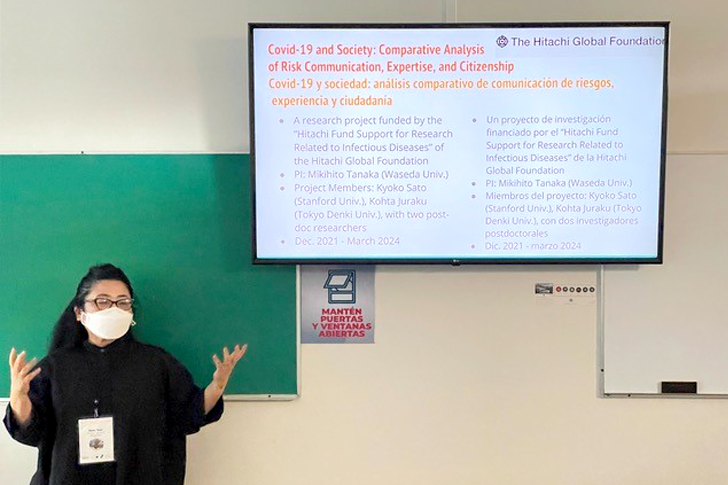
4S 2022 Cholula, Mexico
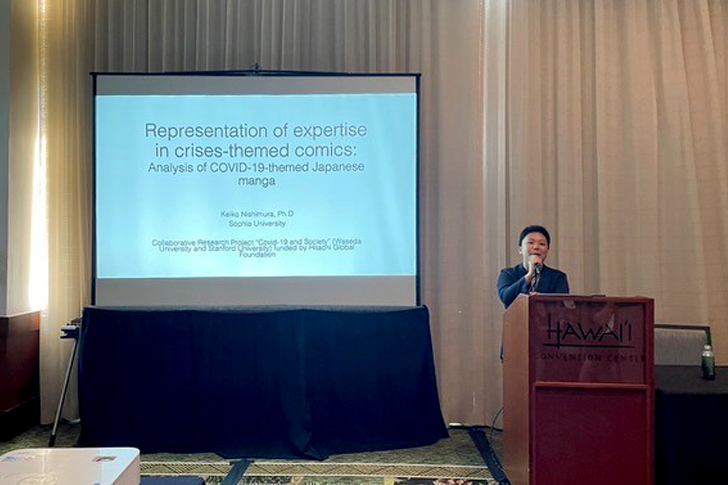
4S 2023 Honolulu
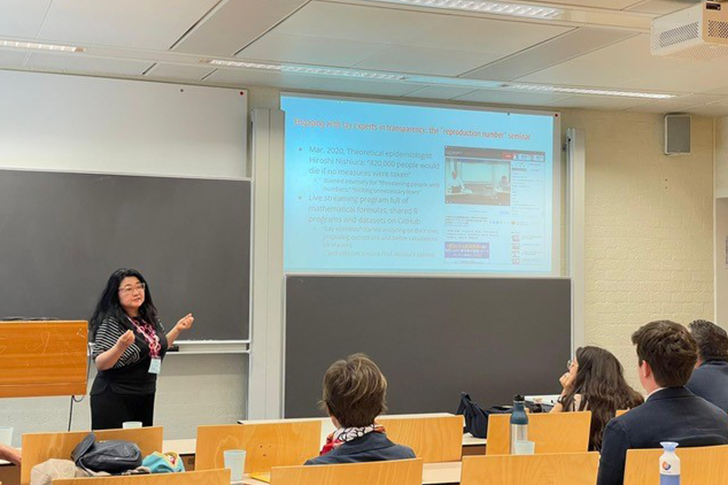
4S 2024 Amsterdam
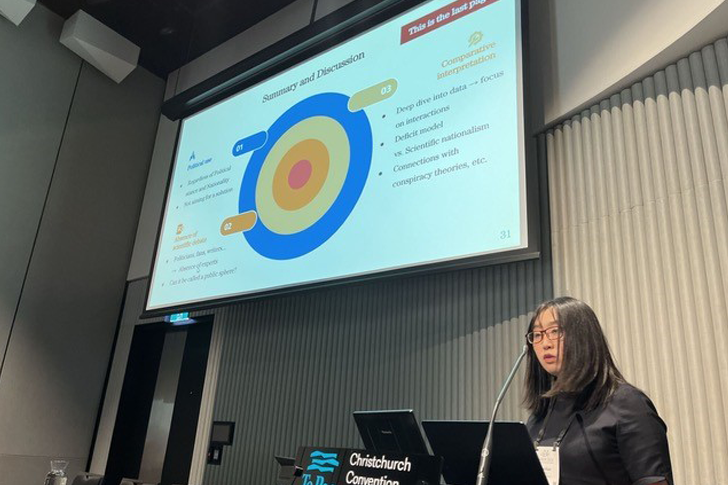
IAMCR 2024 Chiristchurch
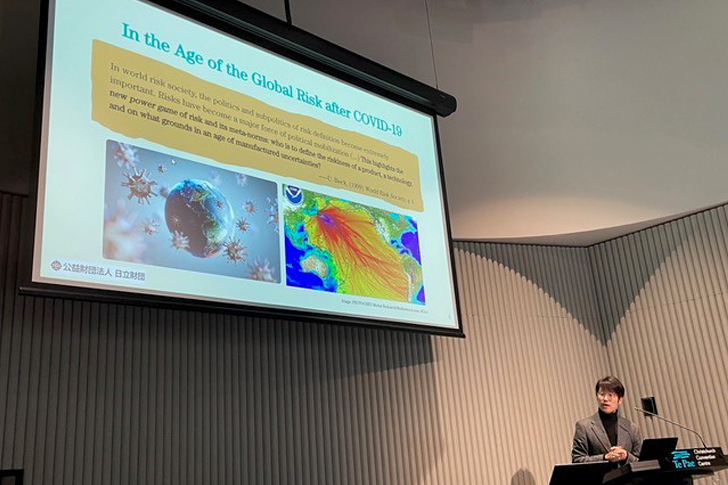
IAMCR 2024 Chiristchurch
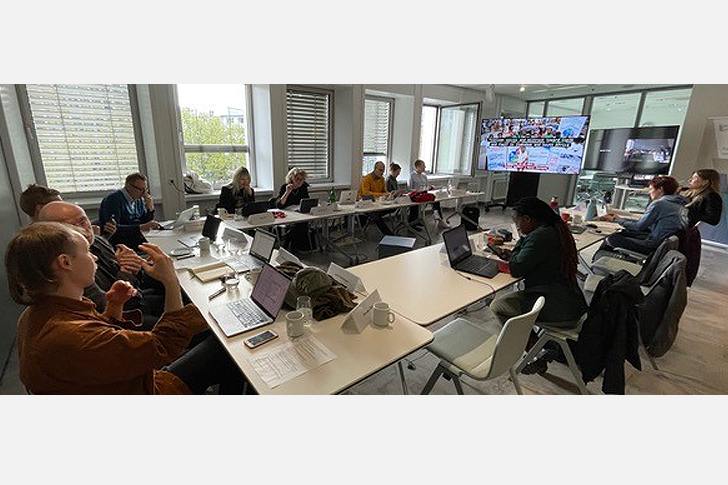
International research conference at the Weizenbaum Institute
Research period:from December, 2021 through November, 2024
As Covid-19 has exerted an enormous impact on individual lives and wide-ranging aspects of societies – from the economy and politics to public health to lifestyles – worldwide, governing bodies at national, regional and municipal levels continue to take active measures to control the pandemic and address diverse challenges caused by it. The project is a comparative, multi-method analysis of responses to Covid-19 in the three intersecting domains: (1) risk communication via traditional/social media; (2) use and production of expertise; and (3) public understandings and responses. Studying their dynamics in Japan, China, Taiwan, South Korea, the United Kingdom, and the United States, we aim to identify deep-seated national differences in pandemic governance and propose ways to improve crisis governance in each societal context.
Perception of and response to technoscientific risks are significantly shaped by social and cultural factors, and therefore diverge widely across communities and societies even when expert consensus exists regarding such risks. This project examines how experts, regulatory bodies, media and the public have responded to Covid-19. Through international comparison of six cases using four languages, the project seeks to identify the dynamics among expertise, policy approaches, risk communication, and public response in each society, and to explore how we can build a stronger foundation to address next global risks both as a nation and as a global community.
To achieve the above goals, the project examines: (i) the diffusion of relevant information on Covid-19 through conventional and social media; (ii) risk perception by the public; (iii) policy and administrative responses to the pandemic; (iv) the production of expertise used in policy and administrative processes; (v) public response to policy and expertise; and (vi) dynamics among these interconnected phenomena in distinct cultural and political contexts.

Mikihito Tanaka, Professor,
Faculty of Political Science and Economics, Waseda University
Mikihito Tanaka is a Professor at the Graduate School of Political Science, Waseda University, Japan. He earned his Ph.D. in Molecular Biology from the University of Tokyo. He has more than 20 years of experience as a writer and journalist parallel to his academic career. He researches public arguments about science and risk communication in mass/social media using methods such as science and technology studies and computational social science.
Also, as a practitioner, he is a founding member of the Science Media Centre of Japan. In 2011, the SMCJ team was highly acclaimed for their service to the public in mediating scientific information during the Fukushima Daiichi nuclear accident. Since February 2020, he has been involved in the science advisory group for COVID-19 in the Japanese Ministry of Health, Labor and Welfare and the Tokyo Metropolitan Government as the science/risk communication expert.
He is currently working on compiling his experiences with Covid-19, along with an analysis of the media data he has collected. He is also deepening his analysis of the development of global populist tendencies in science, including topics such as artificial intelligence and environmental issues, from the perspective of Japan's uniqueness and international homogeneity.
The Hitachi Global Foundation
"Hitachi Fund Support for Research Related to Infectious Diseases" Administrative Group